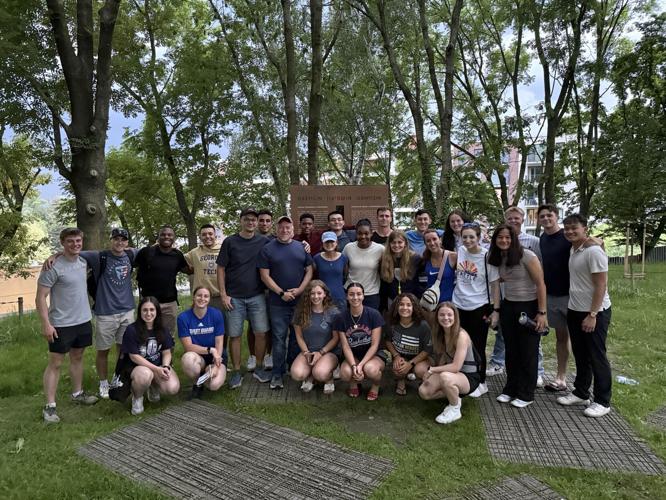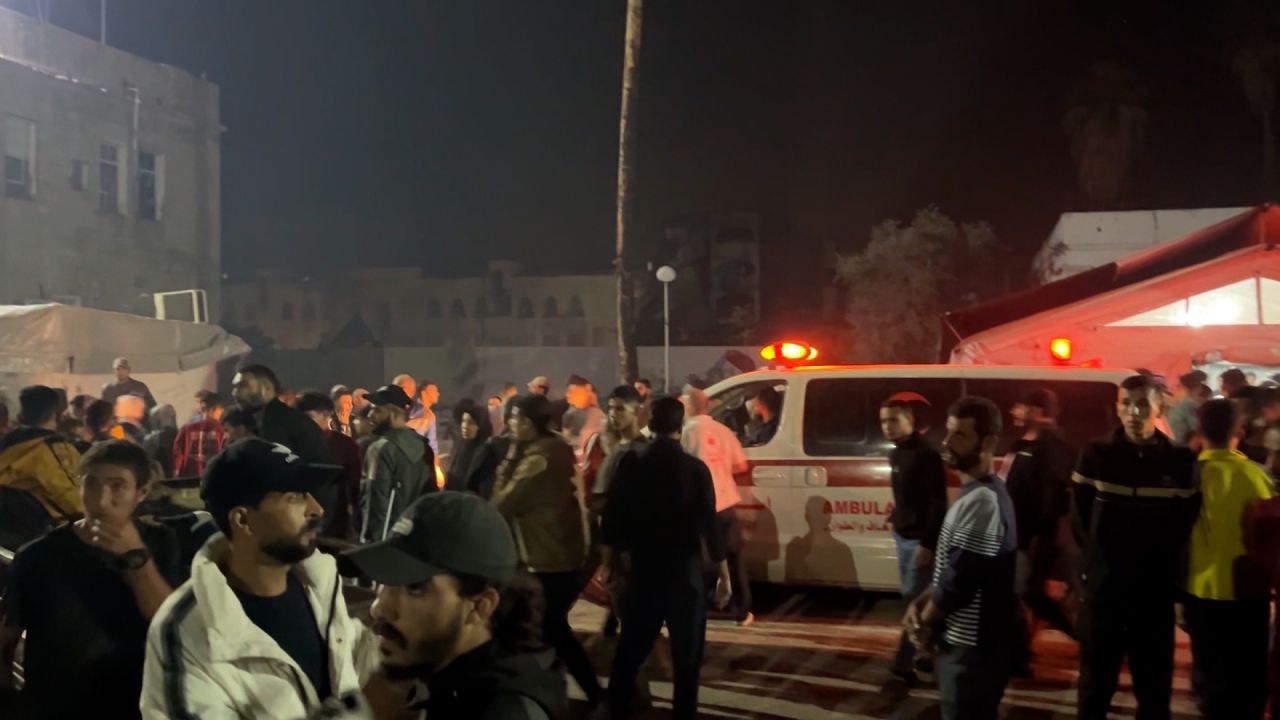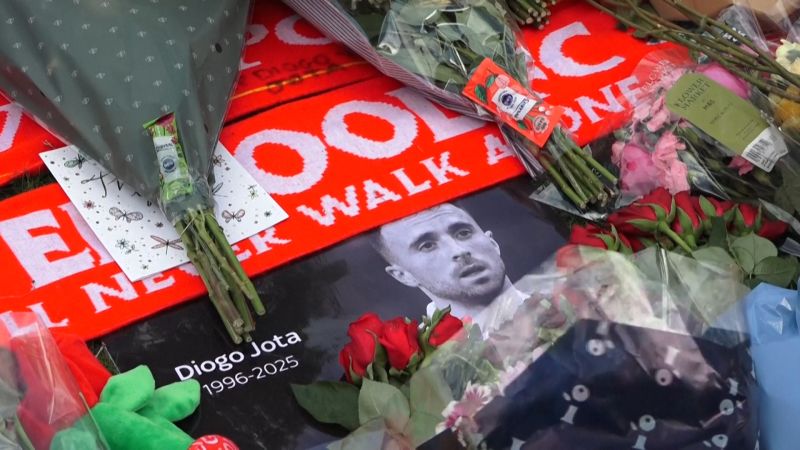Air Force Academy Cadets Gain Profound Insights at Auschwitz Visit

Jacob Gelder, an Air Force Academy cadet, has long been familiar with the harrowing narratives of the Holocaust due to his Jewish upbringing. However, it wasn’t until he visited the Auschwitz concentration camp in Poland last month that he truly grasped the magnitude of the Nazi-led genocide. The visit, part of a broader educational program, left an indelible mark on Gelder, who described the experience as “life-changing.”
“You can read about it, and study it, but to get the clearest picture of what it was actually like, you have to visit,” Gelder remarked. He was among six cadets from the Air Force Academy who participated in the Auschwitz Jewish Center Foundation’s American Service Academy Program (ASAP). This initiative, celebrating its 20th anniversary, aims to instill lessons of ethical leadership in future military leaders by reflecting on the Holocaust.
Understanding the Past to Shape the Future
The program’s director-general, Jack Simony, emphasized the importance of educating these young leaders. “We view the midshipmen and cadets to be the best and brightest America has to offer, and they are our future leaders,” Simony stated. “Our mission is education, and ways in which to effectuate a better world and combat hate. We hope that if we can educate these cadets and midshipmen, they can pay it forward and effectuate a better future.”
The 16-day program commenced in Poland, where participants delved into the history of the prewar Jewish community, explored the former Krakow ghetto, and took guided tours of Auschwitz I and Auschwitz-Birkenau. They also contributed to the maintenance of the Oswiecim Jewish cemetery.
“It was eye-opening,” said Curtis Jett, another cadet. “We saw where the prisoners were housed. We saw the belongings that were taken from them, the hair that was shaved from them. We saw the posts where they were hanged. I thought, ‘How could anybody stand by and watch this happen?’”
The Path to Hate
Simony highlighted the progression of antisemitic rhetoric and policies that paved the way for the Holocaust’s atrocities. “When you look at Auschwitz and the other concentration camps, it’s beyond comprehension,” he explained. “But you have to understand that Auschwitz is the end of the road of hate, not the beginning. It started, decades prior, with the dehumanization of a class of people.”
The program’s second phase took the cadets to New York City, where they visited the Museum of Jewish Heritage, engaged with Holocaust survivors, and paid their respects at the 9/11 Memorial. The overarching goal, according to Simony, is to leverage historical lessons to foster thoughtful and ethical decision-making among military leaders.
“By going over the decisions that were made 80 years ago, that led to the greatest mass atrocity in the world, you hope to use those lessons to identify, early, when you’re going in the wrong direction,” Simony said.
Lessons of Courage and Humanity
Amidst the grim history, both Jett and Gelder found instances that rekindled their faith in humanity. “We saw Oskar Schindler’s factory, where he protected more than 1,000 Jewish people,” Jett noted. “We learned about the rescue of thousands of Jewish people in Denmark. Even when the worst evil is occurring, there are people who will stand up and do the right thing, even at risk to themselves.”
Gelder expressed that the experience has emboldened him to speak out against injustice. “It’s important to step up and say something when you see things that are not right,” he said. “That’s what I will take away from the program. I think anyone who participates in this program would definitely benefit.”
Simony remains optimistic about the impact these cadets and midshipmen will have on the future. “They are outstanding individuals,” he said. “They care about creating a better world and are seeking the best ways to do that. When I look at them, and I listen to them, I have tremendous faith in tomorrow.”






